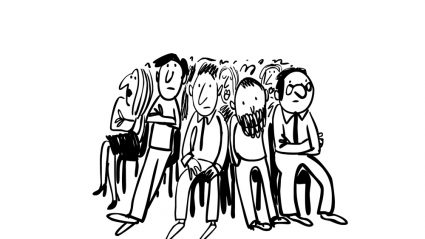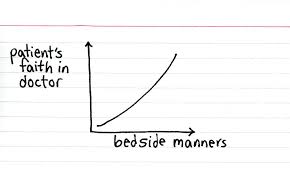 In any pitch, presentation or interview before an audience the way you come across matters, usually more than what you actually say. You need to perform, something actors do for a living. This is what I learnt from one actress, Imogen Sage, when asked about dealing with an audience.
In any pitch, presentation or interview before an audience the way you come across matters, usually more than what you actually say. You need to perform, something actors do for a living. This is what I learnt from one actress, Imogen Sage, when asked about dealing with an audience.
How do you handle nerves facing a live a audience?
Preparation is everything. Through constant repetition in rehearsal you become so familiar and so comfortable in the role that knowing your lines will be no problem, even if you are nervous. This means you can enjoy, rather than fear, the sense of occasion. This is something that actors live for.
How do you respond to a difficult or disappointingly small audience?
You do your job and give it 100%. You give everything and expect nothing in return.
How does the audience effect the performance?
Perfomances do not exist in the absence of an audience. There is two way exchange of energy, with a shared sense of anticipation. As an actor you tap into this to be ‘in the moment’ and tune in to what kind of audience they are. As much as they are listening to you, you are listening to them.
“The theatre is the involuntary reflex of the ideas of the crowd”.
Sarah Bernhardt
.



